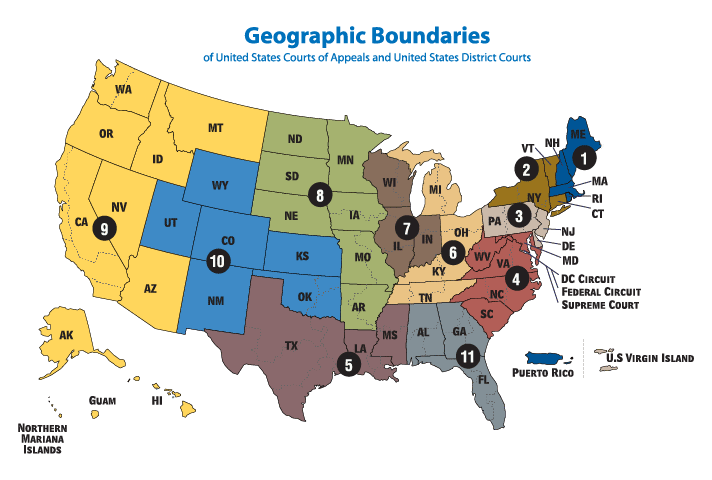Rethinking the Internal Affairs Rule
The internal affairs rule posits that a court should generally apply the law of the state in which an entity is incorporated to resolve questions relating to that entity’s internal affairs. These affairs encompass such matters as the election of directors, the rights of shareholders, and the fiduciary duties owed to shareholders. In a trio…
Continue ReadingThe CISG and Choice-of-Law Clauses
Although the United Nations Convention on Contracts for the International Sale of Goods (CISG) has been in force for over 35 years, there is still scholarly disagreement as to how this treaty interacts with choice-of-law clauses (see, e.g., the discussion on this blog: Coyle, Brand and Flechtner, Hayward and Lal). In principle, there seems to…
Continue ReadingInconvenience, Forum Selection Clauses, and Afghanistan
The U.S. Supreme Court has long held that a forum selection clause should not be enforced when “trial in the contractual forum will be so gravely difficult and inconvenient” that the plaintiff “will for all practical purposes be deprived of his day in court.” In announcing this rule, the Court recognized that a legal right…
Continue ReadingMore on the Validity of the PDVSA 2020 Bonds
Governments with no realistic prospect of paying their debts often gamble for redemption, trying desperately to avoid default. Political leaders, with good reason, fear that a debt default will get them thrown out of office. But in trying to hold power, sometimes by borrowing even more, they often make matters worse for the country and…
Continue ReadingThe Billion-Dollar Choice-of-Law Question
Choice-of-law rules can be complex, confusing, and difficult to apply. Nevertheless, they are vitally important. The application of choice-of-law rules can turn a winning case into a losing case (and vice versa). A recent decision in the U.S. Court of Appeals for the Second Circuit, Petróleos de Venezuela S.A. v. MUFG Union Bank, N.A., is…
Continue ReadingA Deeply Flawed Personal Jurisdiction Decision in the SDNY
When dealing with forum selection clauses, one of the most important—if unappreciated—distinctions is between inbound and outbound clauses. An inbound clause selects the court where the suit was filed. An outbound clause selects a court that is not the forum. Another important distinction is the one between exclusive clauses, which stipulate that suit must be…
Continue ReadingSDNY Rejects Service by Email on Chinese Companies
In Smart Study Co. v. Acuteye-US, a federal court in the Southern District of New York (Judge Gregory Woods) rejected service by email on Chinese companies in a trademark and copyright infringement case. China and the United States are parties to the Hague Service Convention. The court reasoned that the Convention precludes service by email,…
Continue ReadingHow Do Federal Courts Treat Foreign Parallel Litigation?
The Supreme Court has not explained how federal judges should evaluate parallel litigation in foreign courts. If the same parties are litigating the same issues before a foreign tribunal, should the federal court stay its hand? Or should it proceed until one or the other of the cases results in a judgment? The traditional European…
Continue Reading




